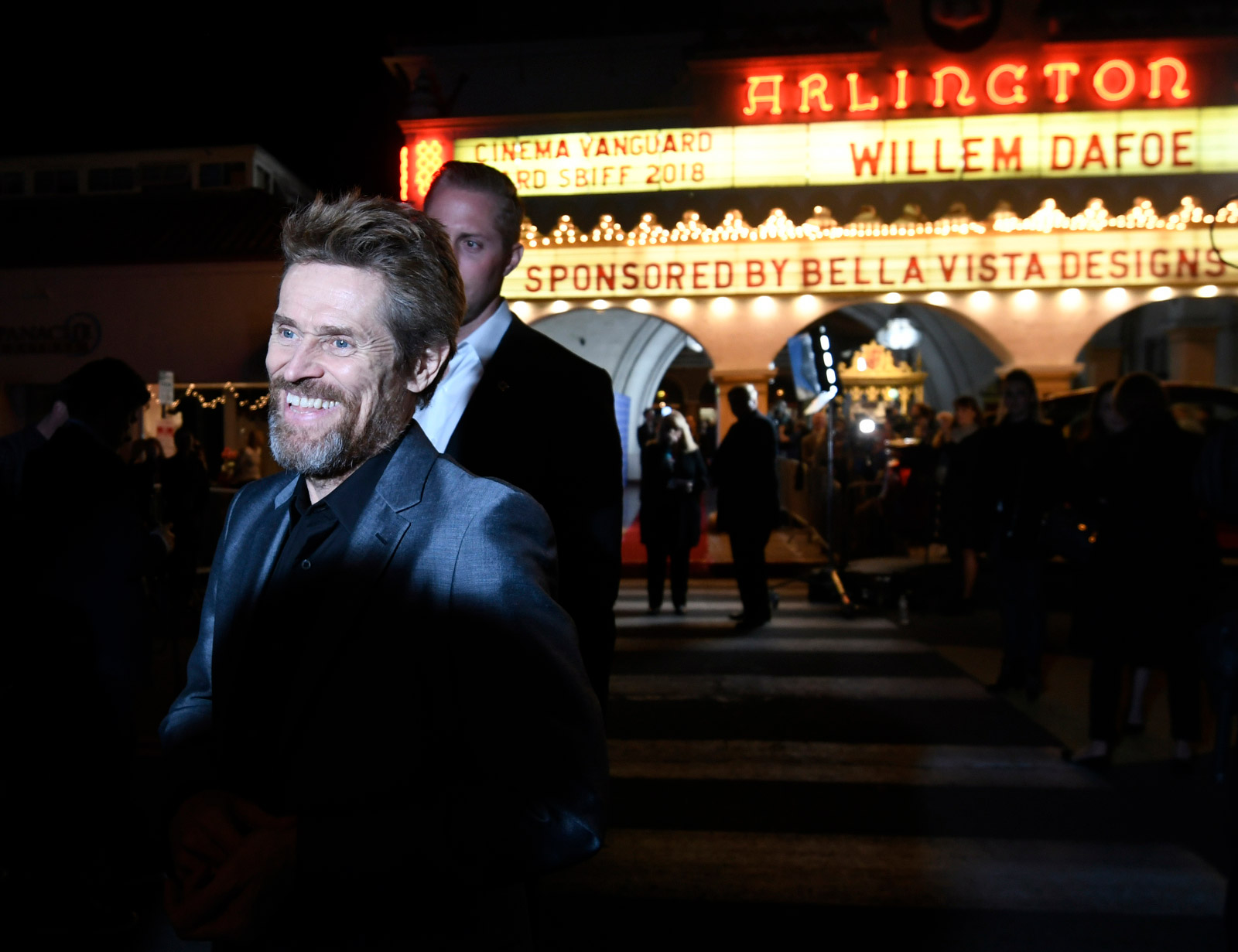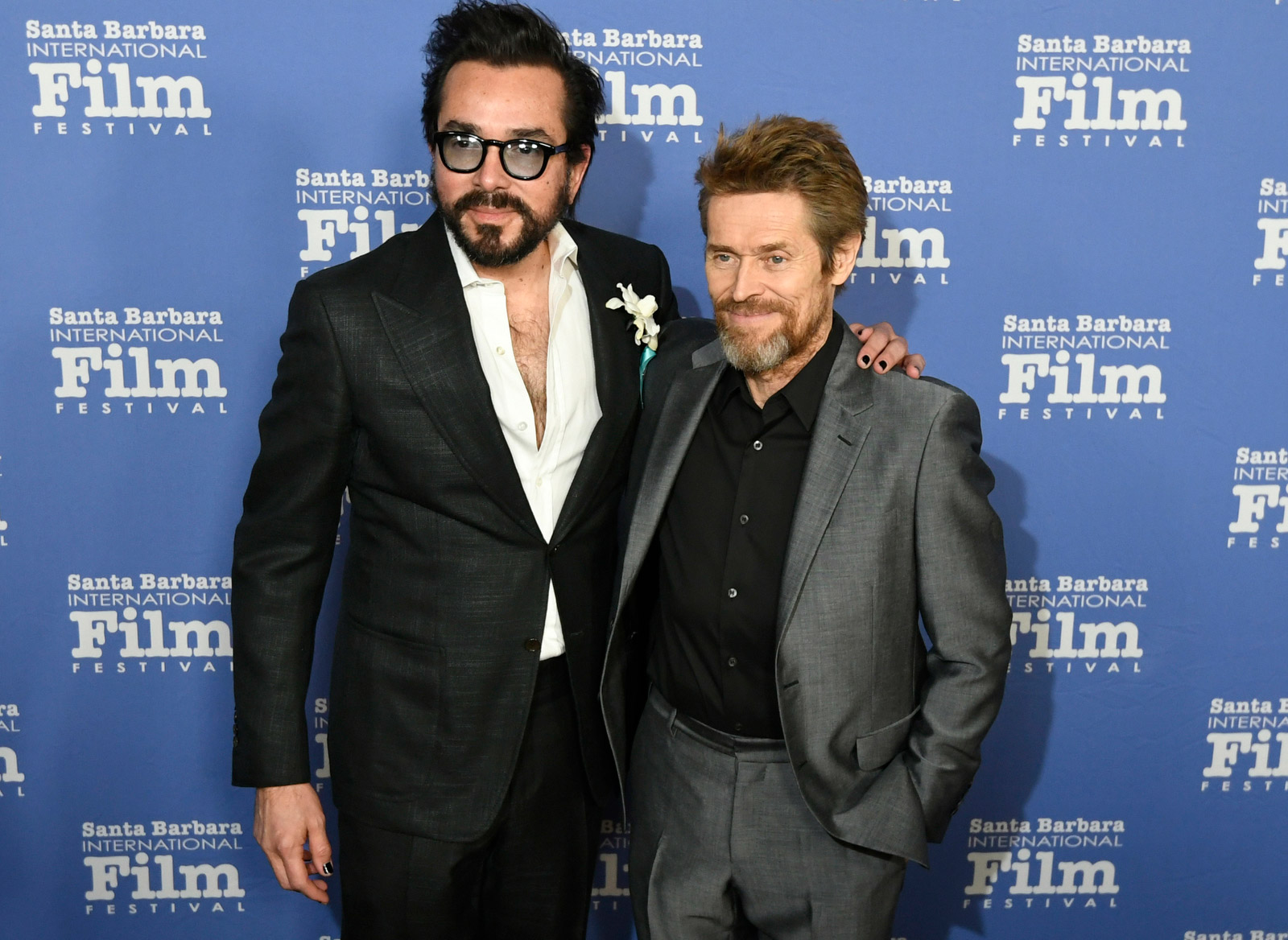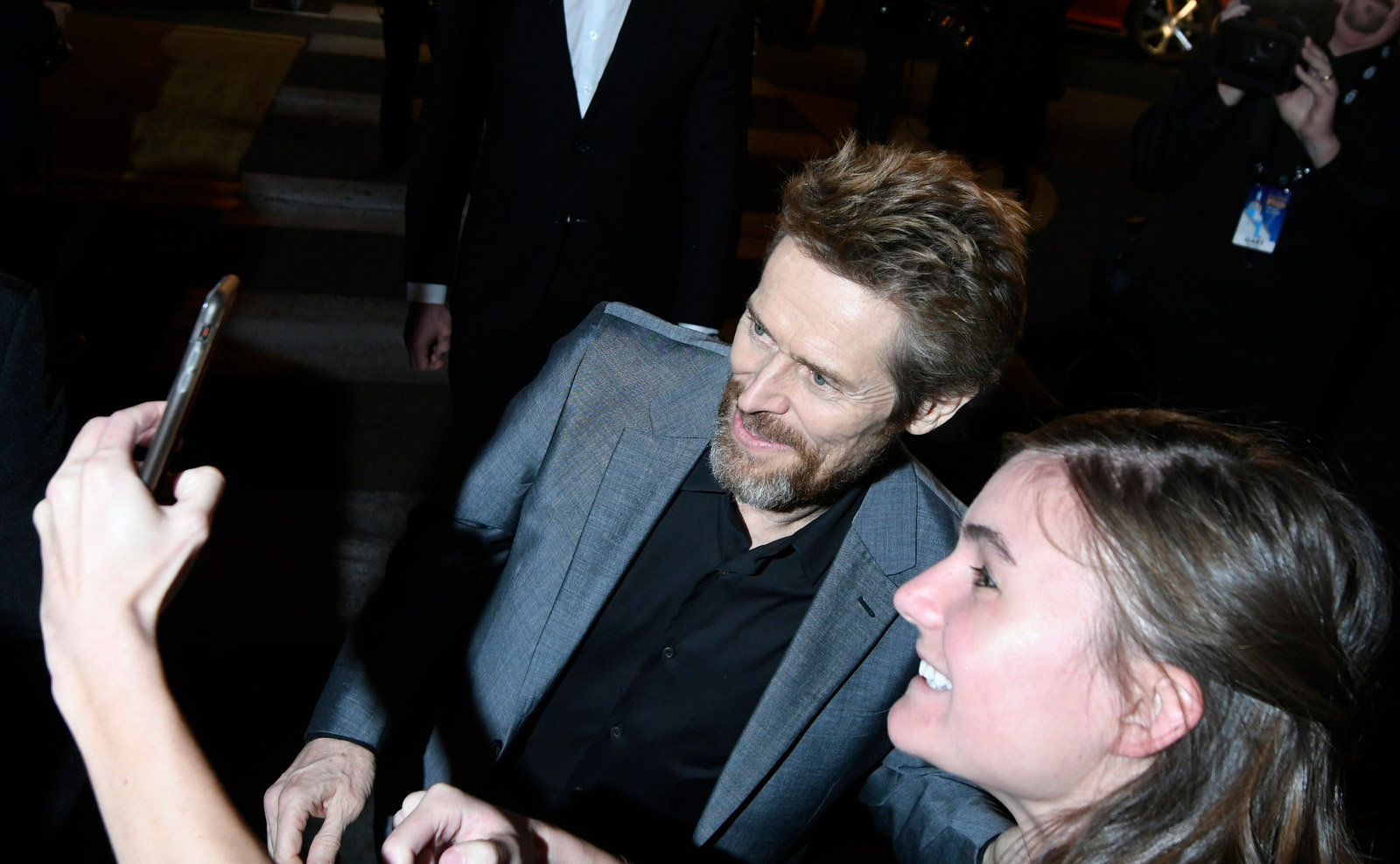SBIFF 2018: Day Two
Reality Check-In

Yes, it’s true that SBIFF can provide an escape route from prevailing realities for a 10-day period on Santa Barbara’s cultural calendar, an aspect of the festival that residents have taken special note of at this troubled and post-traumatic time. On the other hand, the festival is also a bracing encounter with realities of the world around us, through its international cinema panorama and strong, serious documentary roster — anything but Hollywood fluff.
From the category of docs, one of the more powerful entries is Living in the Future Past, which had its world premiere last night in the Metro movieplex compound. Director Susan Kucera has achieved something masterful with her film, an entry in the growing population of ecological cautionary tales beautiful, nature-affirmative, humanity-questioning imagery and intelligent commentary, akin to Koyaanisqatsi (“world out of balance”) and Al Gore’s An Inconvenient Truth franchise, but expanding the canvas to include psychological and anthropological side trips.
Not at all incidentally, an area connection is Santa Barbara’s own beloved celebrity amongst us, Jeff Bridges, who served as the film’s producer, narrator, and “presenter.” He punctuates the fascinating commentary by a range of scientists, psychologists, and those in the know with more ground-level speech, as when he says, “We are physical and biological beings living in a sea of cosmic energy. That sounds trippy, and it is.” Trippy and true, like the film itself.
As an intriguing side note, many know about Bridges personal, residential travails, living in the crosshairs of the January 9 Montecito mudslide and making his escape with his wife, Susan, by heading up to the roof and being airlifted by helicopter. This is not the time or space to consider the role of climate change in the cycle of drought/fire/flood visited upon our area in recent years, but the thought hums in the background of the film, and the producer’s own mudslide story. Bridges himself wasn’t able to make the premiere, but he appeared in a video statement from Vancouver, where he is shooting a film. He spoke briefly about the central tenet of the film, which makes the pressing point that now is the past of the future, demanding action on our parts to prevent catastrophic eventualities. “What kind of future would you like to see?” he asked the audience, by video proxy. “Explore that.” That’s precisely this film’s exploratory m.o.

In Living in the Future Past, climate change is an elephant quickly let out of the room. In a comment that rings all too true in Montecito, a Native American scholar speaks of a relationship with Mother Nature, which goes beyond symbiosis, and into the realm of being ultimately subservient to a natural order we as a species have seriously offended: “We’re fundamentally dependent on her good graces.”
While the scholars bring on the rational heat of sobering data and well-reasoned speculation on the roots of our present planetary and species-related danger, Kucera wisely also checks in with sources from outside the box — the wise retired General Wesley Clarke, and Bob Inglis, former congressman from South Carolina and former climate change-denier who wised up (partly through his son’s urging to look at facts) and has found with the balance of his Christian faith and science.
At film’s end, Bridges — ensconced in a lovely, as-yet unspoiled landscape (Zinke may help change that) — faces the camera and offers a positive commentary to cap off the weight of eco-evidence presented earlier. “Ingenuity is in our DNA,” he says, and invites us to find “something to contribute” to the world, “something that is a part of who [you] are.” He also quotes a theologian, who said that if humanity could “harness the energy of love,” we would experience a second encounter with the miracle of “the discovery of fire.”
Both alarming and hopeful, Living in the Future Past eloquently presents inconvenient but important-to-consider truths to explore and ponder, as the cosmic energy clock ticks.

What to See File: Of the handful of films I caught on the first official day of the festival, the strongest was the first — part of the generally sturdy programming of the early morning “Breakfast Club” screenings. In the delightfully offbeat and yet emotionally-disarming Japanese film Oh Lucy!, our lonely, workaday protagonist — named Lucy by the hugger-type English teacher she will, of course, fall for — embarks on a set of adventures adding up to a tangle of road trips, including interior ones. There are zany culture-mangle moments in Los Angeles and Tokyo, and family relations and romantic desires pinging on and off the map, while director Atsuko Hirayanagi’s unique and sentimentality cautious film deftly plays on our empathy for a character we know (or think we know) and mostly love.
Special note: Shinobu Terjima’s potent performance as Setsuko/Lucy is surely one of the best of the fest.
Ah yes, that old Macedonian humor. It’s sweet and sour. It’s existential and sentimental. And in the case of Gjore Stovrenski’s Secret Ingredient, laced with that intoxicant of the moment, weed. Said ingredient is the potion by which a mechanic son of a mechanic father, with a tragic family accident in their past, transforms into a healer, supplying his cancer-ridden father with magic cake. By turns touching and eccentric, rough and tender, the film may lose its center at times, but the rugged charm and that certain Macedonian flair keeps us tuned in and turned on.



